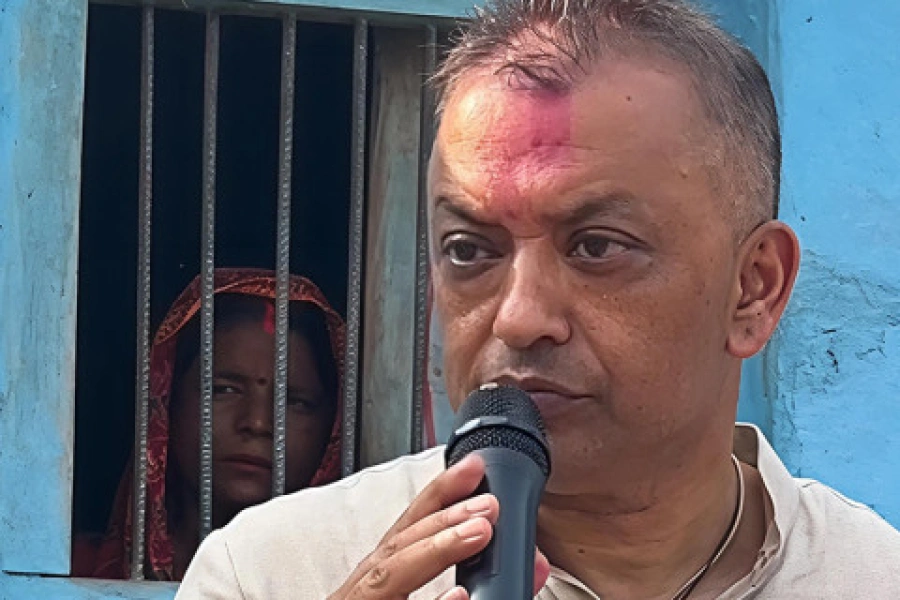KATHMANDU, Sept 14: The Public Service Broadcasting Bill has been passed with a provision to merge public communication institutions, Radio Nepal and Nepal Television, deviating from the original aim of making public broadcasting autonomous and impartial.
The Public Service Broadcasting Bill, passed by both houses, is set to be sent to the President for authentication on September 15. The bill will come into effect on the 31st day after authentication.
Although stakeholders suggested that Radio Nepal and Nepal Television should be operated under a single umbrella organization and run on public funds using the 'BBC model,' the Education, Health, and Information Technology Committee proceeded with passing the bill disregarding this recommendation.
HoR approves 'Public Service Broadcasting Bill, 2081'

This bill merges Radio Nepal and Nepal Television but does not provide for autonomy, which suggests that news reporting will remain in the old style. As a result, these entities may not be able to critically address issues of corruption.
The chairperson of the council to be formed for operating public service broadcasting will be the Minister of Communications or the State Minister for Communications. Since this council will have the authority to provide policy and other necessary directives for public service broadcasting, it is likely to lead to clear interference.
Despite opposition lawmakers' objections that public service broadcasting should not become a government mouthpiece, the bill was passed by a majority. Some ruling party lawmakers also shared the opposition's view that taxpayer-funded institutions should be autonomous.
The bill provides for the selection of the chairperson of the executive committee for public service broadcasting to be made by the Public Service Commission. The chairperson will be appointed based on the recommendations of a recommendation committee chaired by the chairman or a designated member of the Public Service Commission. The recommendation committee will include the Secretary of the Ministry of Communications and a person with at least 10 years of experience in the radio or television sector.
One month after the bill is authenticated, a public call for applications will be made for the position of Executive Chairperson. The selection will be based on the submitted action plan and an interview process. The appointed Executive Chairperson will serve a four-year term. According to the bill, the existing positions at Radio Nepal and Nepal Television will be merged.
Additionally, employees will be provided with voluntary retirement benefits. After the merger of the two institutions, the approved positions from both will be restructured.
The bill also provides for the adjustment of equivalent levels and categories, and allows for voluntary retirement to be granted with the approval of the ministry. Additionally, instead of submitting the annual report to the government, it must now be presented to the relevant committee of the federal parliament.






































